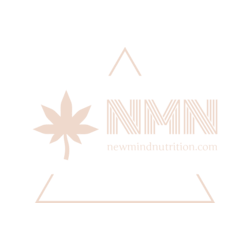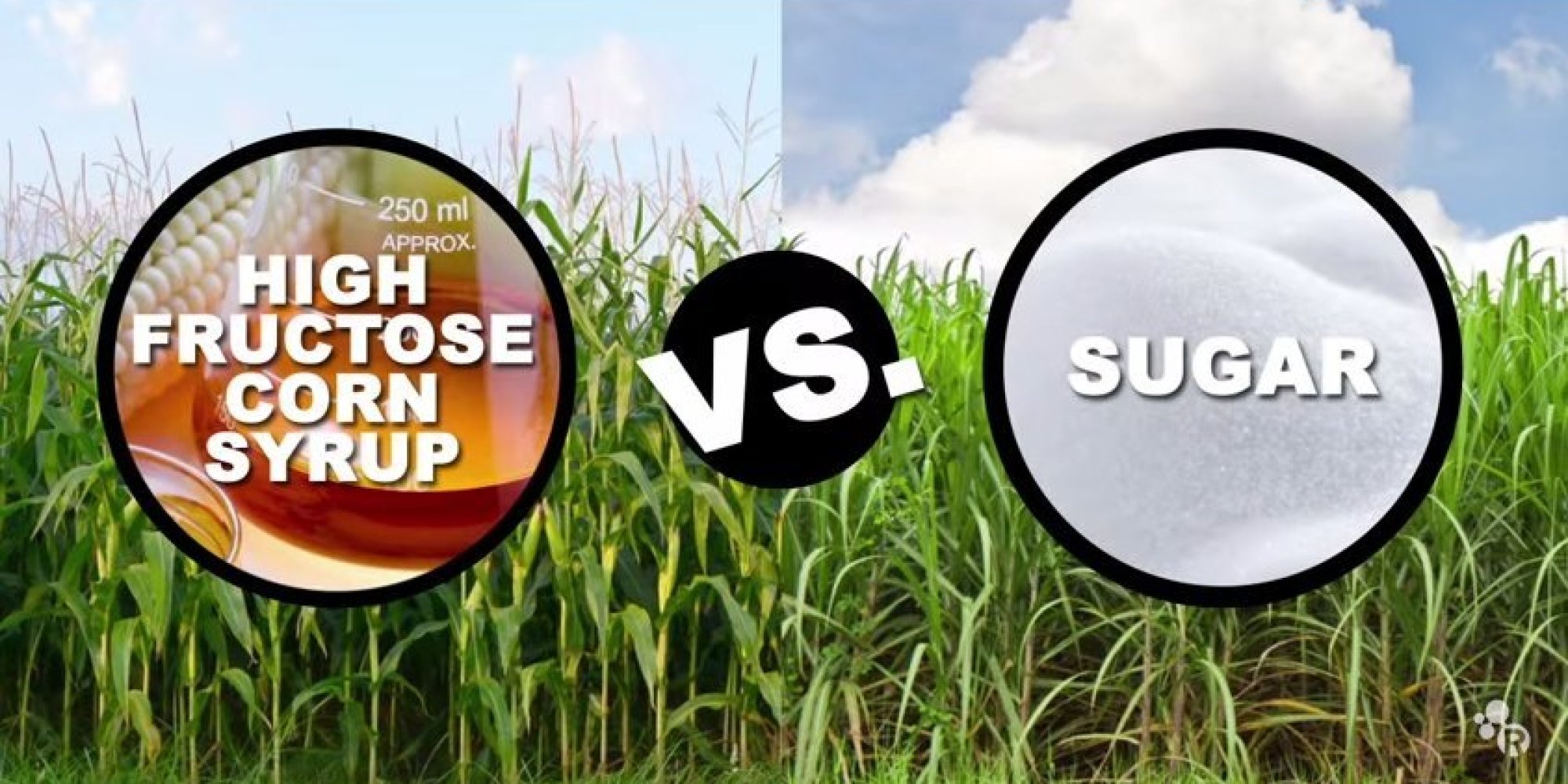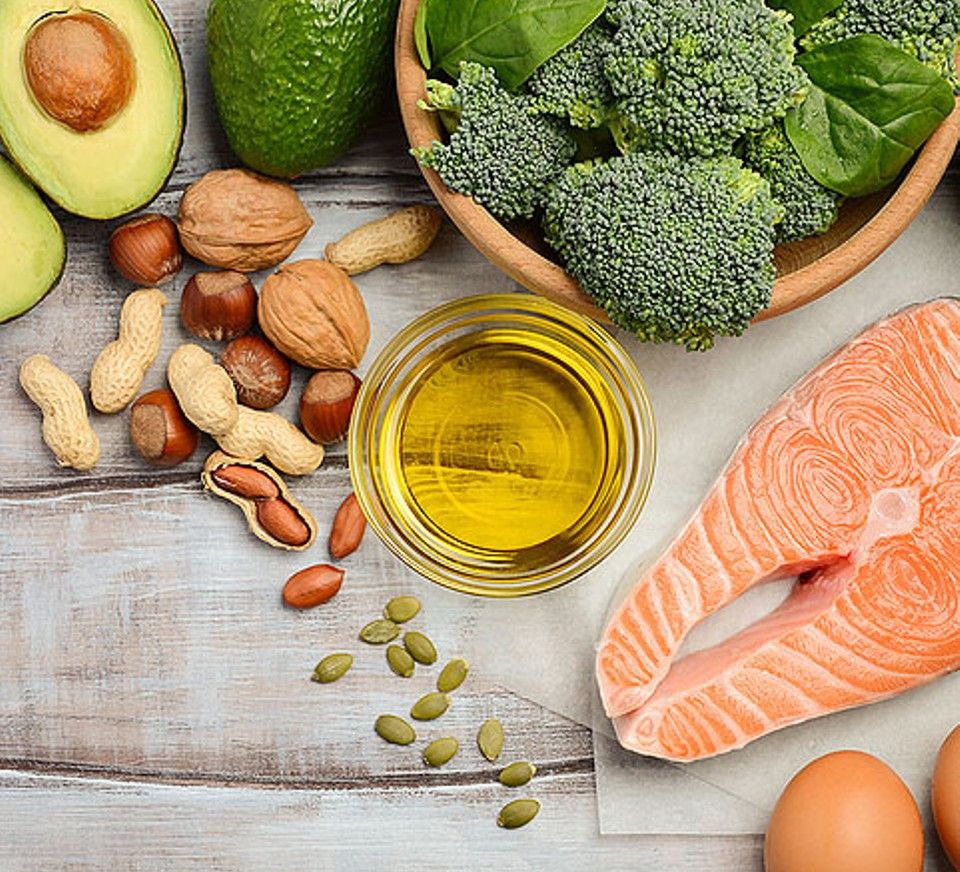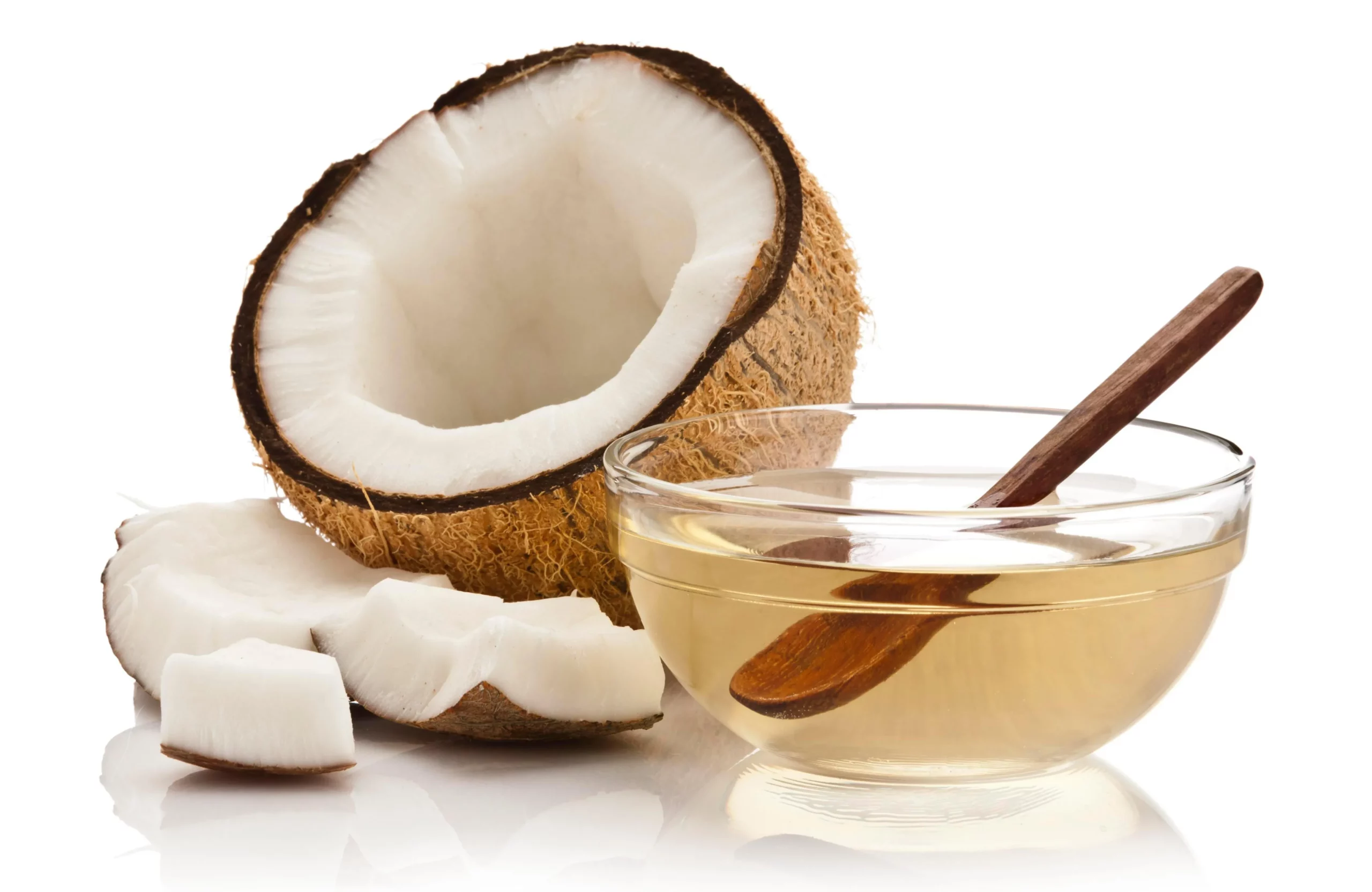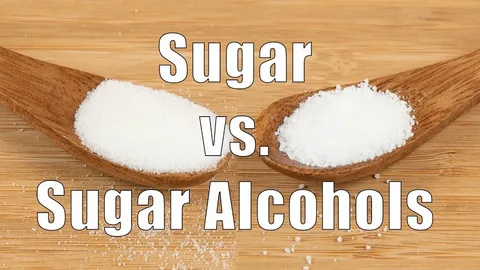What is High-Fructose Corn Syrup?
High-fructose corn syrup is a sweetener made from corn starch. Unlike traditional corn syrup, which is primarily glucose, HFCS has undergone enzymatic processing to convert some of its glucose into fructose. The final product is a mixture that typically contains either 42% or 55% fructose, the balance being glucose and other sugars. These compositions are referred to as HFCS 42 and HFCS 55 respectively, with the latter most commonly found in soft drinks.
Production of HFCS
The production of HFCS begins with milling corn to produce corn starch, from which corn syrup is derived. This corn syrup is then treated with enzymes – alpha-amylase and glucoamylase – to break down the starch into glucose. Another enzyme, glucose isomerase, is used to convert some of this glucose into fructose.
HFCS vs. Sugar Chemical and Functional Differences
The primary difference between HFCS and sucrose (table sugar) is in their chemical structures. Sucrose is a disaccharide composed of equal parts glucose and fructose, linked together. When digested, sucrose is metabolized by enzymes that break it down into glucose and fructose, which are then absorbed into the bloodstream.
In contrast, the fructose and glucose in HFCS are free and unbound, which can theoretically lead to different metabolic effects. However, because the fructose content in HFCS and sucrose are relatively similar (especially in HFCS 55), these differences are often considered minimal.
Functionally, HFCS is often preferred over sucrose in the food industry for several reasons:
Cost
HFCS is cheaper to produce and stable in price due to subsidies on corn products in the United States.
Solubility
HFCS blends more easily into liquids than sucrose, making it ideal for beverages.
Preservation
HFCS provides better preservation qualities to foods, extending shelf life.
Health Impacts of HFCS
The health impacts of HFCS have been a subject of extensive debate and research. Studies have linked excessive consumption of fructose to various health issues, including obesity, diabetes, fatty liver disease, and cardiovascular disease. However, these effects are not exclusive to HFCS and are often associated with high intake levels of any type of added sugars, including sucrose.
Obesity and Metabolic Syndrome
Research indicates that high consumption of fructose can lead to increased fat deposition in the liver and muscle tissues, contributing to insulin resistance and obesity. Since HFCS is a significant source of fructose in the diet, its role in these conditions is often scrutinized. However, it is important to note that similar effects are seen with high consumption of sucrose as well.
Diabetes
Consuming high amounts of HFCS can lead to increased risk factors for type 2 diabetes. This is mediated through mechanisms such as insulin resistance, triggered by excessive fructose intake which can impair glucose handling by the body.
Cardiovascular Disease
Excessive fructose consumption has been linked to an increase in risk factors for cardiovascular disease, such as increased triglycerides, LDL cholesterol, and blood pressure levels.
Environmental and Economic Considerations
The production of HFCS is energy-intensive and relies heavily on large-scale corn farming. This has environmental impacts including loss of biodiversity, soil erosion, and water pollution due to the heavy use of fertilizers and pesticides. Economically, the use of HFCS supports the corn industry, which is significant in countries like the United States.
FAQs about High-Fructose Corn Syrup
Is HFCS more harmful than sugar?
Chemically, HFCS and sucrose have similar fructose content and thus similar metabolic effects. The main issue is the excessive consumption of fructose from any source, not HFCS specifically.
Can I consume HFCS safely in moderation?
Yes, like other sugars, consuming HFCS in moderation is unlikely to cause harm for most people, unless other health conditions necessitate stricter dietary restrictions.
Does HFCS cause diabetes?
HFCS does not cause diabetes by itself but contributes to risk factors associated with diabetes, including obesity and insulin resistance, especially when consumed in large amounts.
Why do manufacturers prefer HFCS over sugar?
HFCS is cheaper, sweeter, and mixes more easily into products than table sugar, making it a favorable choice for many food producers.
How can I avoid consuming too much HFCS?
Read food labels carefully, avoid sugary processed foods, and opt for whole, unprocessed foods as much as possible.
Are there natural alternatives to HFCS?
Natural sweeteners like honey, maple syrup, and agave nectar can be used, though they also contain high fructose levels and should be consumed in moderation.
Is HFCS banned in any countries?
HFCS is not banned in any countries, but some have imposed taxes or restrictions on high-sugar products to curb consumption.
Conclusion
While HFCS and sugar have similar nutritional profiles and health effects, the main issue is the general overconsumption of added sugars. Both HFCS and sugar should be consumed in moderation within a balanced diet to minimize health risks. Public health strategies and personal diet choices play crucial roles in managing intake and mitigating health risks associated with high sugar consumption.
- Forehead Frown Lines Treatment Near Wonersh, Surrey - May 9, 2025
- How Much Is 05 Ml Lip Filler Cost - May 9, 2025
- How Gaslighting Can Damage Your Sense Of Self And Trust In Others - May 8, 2025
